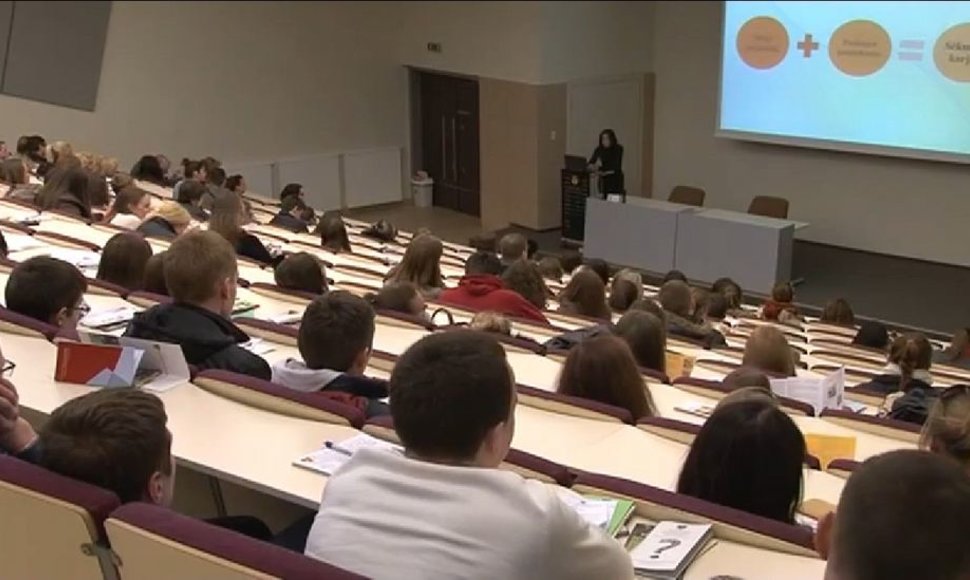"Access to higher education is low, the chances of accessing a university and successfully completing it depends on certain characteristics, for instance, education and disability of parents, as well as family status of students. Today's data indicate that not everyone has access to studies. Access to higher education has to do with affordability of studies, i.e., the ability to cover tuition costs," analyst Žemyna Pauliukaitė said in a presentation of the reviews on Wednesday.
“Data of the Eurostudent survey shows that the income of Lithuanian university students are among Europe's lowest, while tuition spending is among the highest. Such ratio between income and spending causes people to search for cheaper opportunities to acquire education, this can have a negative effect on accessibility," she added.
The review covers trends in research and education over the last decade in connection to the academic staff, students, benefits of higher education, etc.
In Pauliukaitė's words, although state and municipal spending on tuition has increased in Lithuania over the decade, it still remains far below the European Union's (EU) average. A few years ago, the average state and municipal spending per student was 7,700 litas (EUR 2,232), which is half of the EU average.












